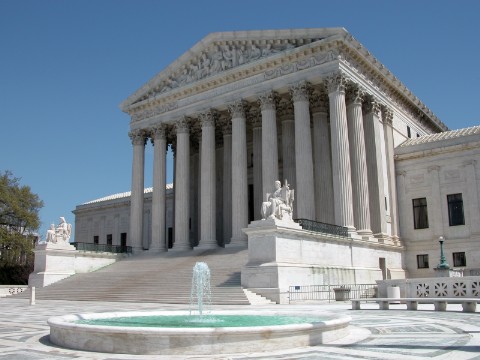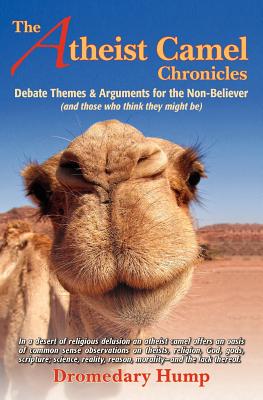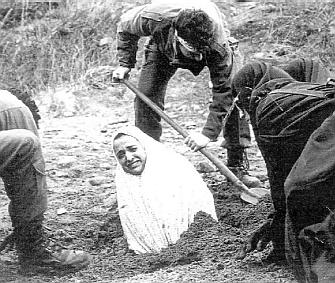
The dictionary definition of atheist is “one who lacks belief in God/gods”. I suppose that brief phrase is sufficient, since there is no official dogma or doctrine that atheists hold in common. But based on my experience some large percent of non-believers do hold in common certain basic principles, ethics, and philosophy on life.
In 1963 the Supreme Court stopped the practice of prayer in school. Their decision was in response to Murray v. Curlett, a suit brought by Madelyn Murray O’Hare a famous atheist activist. During that trial the following “definition” of Atheism was given to the Supreme Court by the plaintiff’s attorney. It makes a lot of sense, check it out:
In 1963 the Supreme Court stopped the practice of prayer in school. Their decision was in response to Murray v. Curlett, a suit brought by Madelyn Murray O’Hare a famous atheist activist. During that trial the following “definition” of Atheism was given to the Supreme Court by the plaintiff’s attorney. It makes a lot of sense, check it out:
“Your petitioners are Atheists and they define their beliefs as follows: An Atheist loves his fellow man instead of god. An Atheist believes that heaven is something for which we should work now – here on earth for all men together to enjoy.
An Atheist believes that he can get no help through prayer but that he must find in himself the inner conviction, and strength to meet life, to grapple with it, to subdue it and enjoy it.
An Atheist believes that only in knowledge of himself and knowledge of his fellow man can he find the understanding that will help to a life of fulfillment.
He seeks to know himself and his fellow man rather than to know a god.
An Atheist believes that a hospital should be built instead of a church. An Atheist believes that a deed must be done instead of a prayer said. An Atheist strives for involvement in life and not escape into death. He wants disease conquered, poverty vanquished, war eliminated. He wants man to understand and love man.
He wants an ethical way of life. He believes that we cannot rely on a god or channel action into prayer nor hope for an end of troubles in a hereafter.
He believes that we are our brother's keepers; and are keepers of our own lives; that we are responsible persons and the job is here and the time is now.”
It evidently had the desired effect on the Supreme Court justices.

























2 comments:
The Brother's Keeper bugged me a bit, too. But if you think about it in terms of a just society, where 'the people' enforce laws for the public welfare and exact justice, including punishment, then it is more palatable, no?
The charity side of the thought should always be voluntary. If it isn't voluntary, it isn't charity.
I like the dfn. Too big for a tee shirt, though.
CD,
sure..if you interpret the "brothers keeper" that way...yes.
correct...charity imposed isn't altruism, it's redistribution of wealth.
Good points. thanks.
Hump
Post a Comment